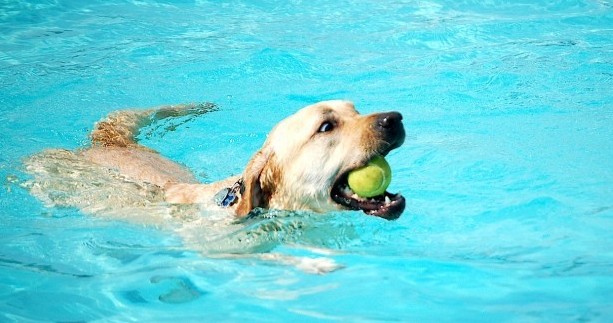Emergency Medicine and Critical Care for Your Pet
Cats and dogs can get colds and tummy aches, just like we can. But the difference is, our pets can’t communicate with us. They can’t tell us they want a cup of tea or some aspirin, or a warm blanket to cuddle up with—we just have to watch them carefully and make sure they’re getting what they need when they seem a little under the weather.
But, also just like us, there’s a difference for your pets between being “a little under the weather” and being really sick. When a pet is seriously unwell, it’s best to schedule them an immediate appointment with an emergency vet.
Just like being a parent, being a pet-owner means being on-call sometimes. 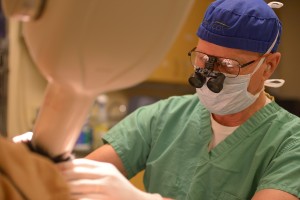 Knowing a good 24-hour critical care veterinarian is a crucial part of pet ownership, for those late-night moments when something goes really wrong, like an injury or sudden illness.
Knowing a good 24-hour critical care veterinarian is a crucial part of pet ownership, for those late-night moments when something goes really wrong, like an injury or sudden illness.
Always seek out a 24-hour vet if your pet is experiencing difficulty breathing, exhibiting shallow breathing, or choking. VRC has an excellent Respiratory and Critical Care specialist center that can help at these times. Other essential reasons to consider an urgent care clinic for your pet is if they are struck by a car, projectile, or if they are cut or burned. These injuries, especially being struck or burned, can lead to shock—which is a very real threat. Signs of shock include cold extremities, shivering, an abnormal heart rate, pale membranes in the mouth or around the nose, and general weakness.
Other times an emergency vet is necessary: if your animal is experiencing difficulty urinating, or is producing no urine, if they will not eat on their own, or if they are having a seizure. Also, any pet that does not recover well from anesthesia, from an earlier surgery, or who is not recovering well post-op may need to see an emergency veterinary specialist in Philadelphia.
The best thing to keep in mind when you find yourself in need of critical care for pets is this: you are not a vet! If you have concerns or questions, don’t diagnose them yourself—or worse yet, consult the Internet in a time of panic. But that said, it’s always better not to put things off—you’ll sleep better, anyway—so just get on the phone and give the emergency vet clinic a call. They’ll give you the advice you need, when you need it.
A good emergency vet is there for you and for your pet, 24 hours a day, seven days a week, 356 days a year. VRC in Malvern, PA, only 25 miles from Philadelphia, provides emergency medicine and critical care for pets, because we know that accidents, illnesses, and emergencies don’t take holidays.
VRC in Malvern, PA is a comprehensive, specialty veterinary healthcare clinic for pets in the Philadelphia area. If you are in need of critical care for your pet, give us a call at (610) 647-2950, 24/7, 365 days a year, for answers to your questions.






 Email
Email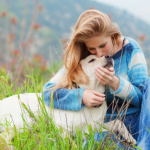
 Upon getting your pet home and settled, be sure to follow your vet’s instructions. Even if your dog hates crate rest, your vet’s advice should be followed. Same goes for cats who may be cranky about having their outside time restricted—while listening to your cat complain and scrabble at the door may seem like an avoidable annoyance, it may mean the difference between life and death, especially if post-surgery your vet has recommended
Upon getting your pet home and settled, be sure to follow your vet’s instructions. Even if your dog hates crate rest, your vet’s advice should be followed. Same goes for cats who may be cranky about having their outside time restricted—while listening to your cat complain and scrabble at the door may seem like an avoidable annoyance, it may mean the difference between life and death, especially if post-surgery your vet has recommended 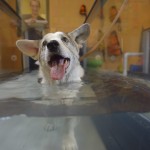 At VRC we have a rehabilitation center designed to treat all your pet’s rehabilitation and recovery needs. We specialize in recovery from surgery and trauma, and pay attention to things such as weight management, pain management, and rehabilitative therapies. We offer a range of treatments including hydrotherapy, laser therapy, acupuncture, massage, therapeutic ultrasound, and exercise sessions in a canine-designed gym. We believe in the power of rehabilitation when it comes to improving your beloved pet’s strength, range of motion, and mobility. Just 25 miles outside of Philadelphia in Malvern, PA, at VRC you can expect a comprehensive plan for pain management in your pet as well as a holistic approach to his or her rehabilitation.
At VRC we have a rehabilitation center designed to treat all your pet’s rehabilitation and recovery needs. We specialize in recovery from surgery and trauma, and pay attention to things such as weight management, pain management, and rehabilitative therapies. We offer a range of treatments including hydrotherapy, laser therapy, acupuncture, massage, therapeutic ultrasound, and exercise sessions in a canine-designed gym. We believe in the power of rehabilitation when it comes to improving your beloved pet’s strength, range of motion, and mobility. Just 25 miles outside of Philadelphia in Malvern, PA, at VRC you can expect a comprehensive plan for pain management in your pet as well as a holistic approach to his or her rehabilitation.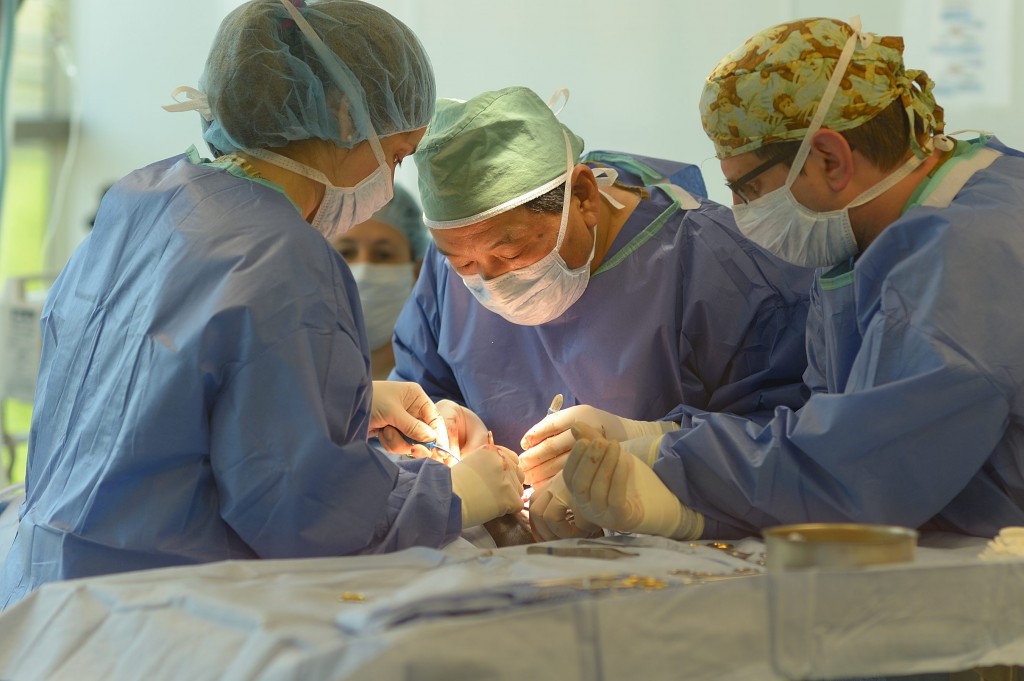 e other ways to
e other ways to 